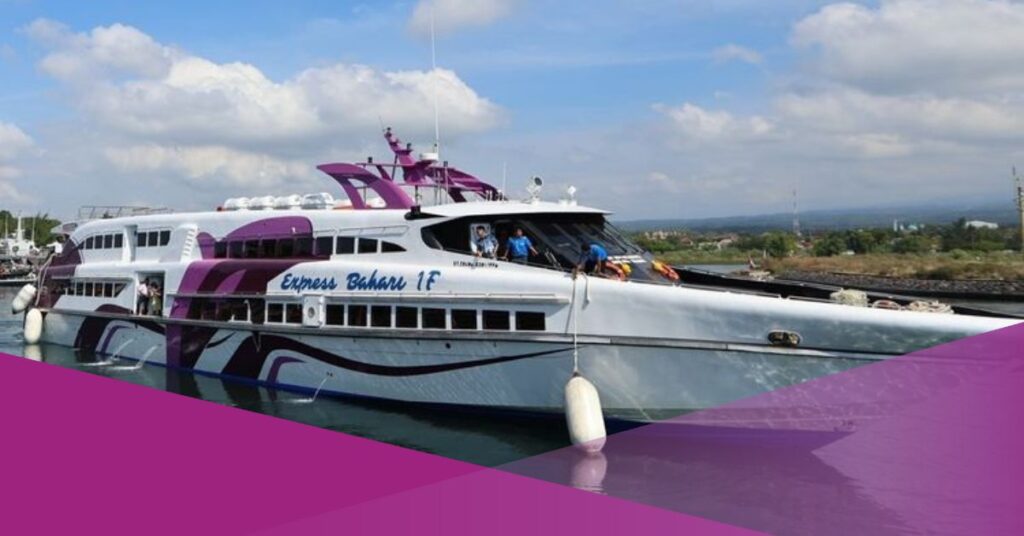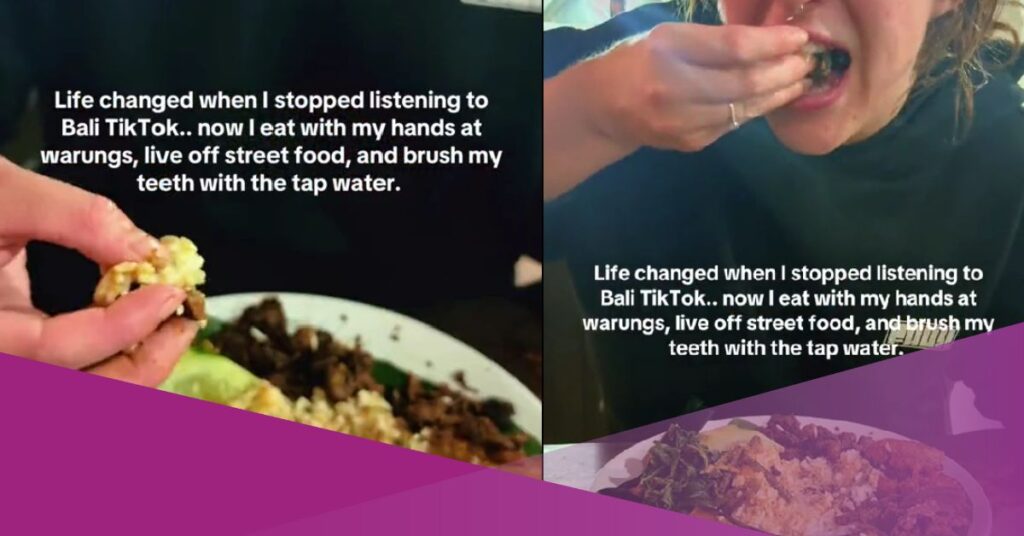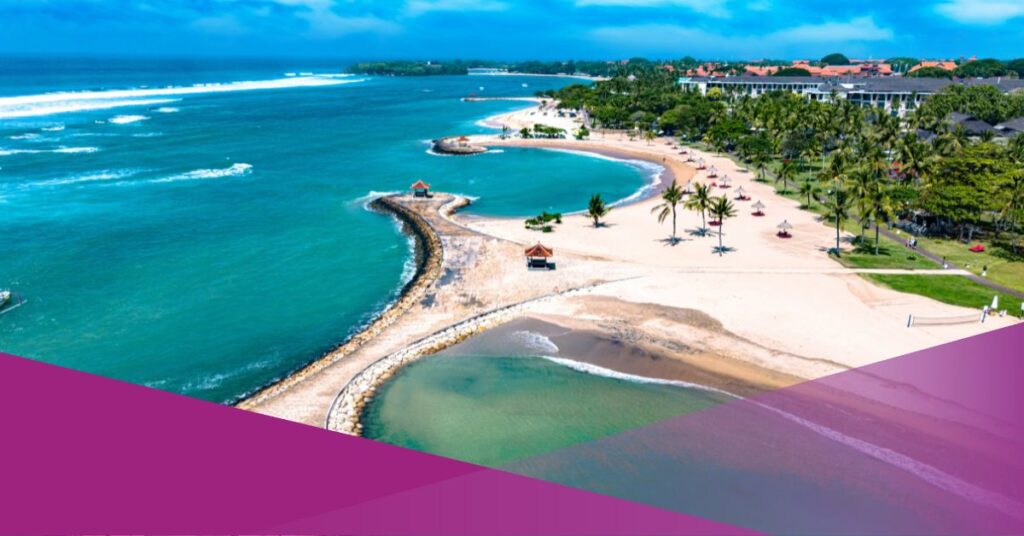Indonesia, with its culture, stunning landscapes, and dynamic economy, has become an increasingly popular destination for expatriate families seeking new opportunities and adventures. As families settle into their new lives in this diverse archipelago, one of the primary considerations they face is ensuring quality education for their children. Understanding the landscape of education in Indonesia, its opportunities, and challenges is essential for expatriates navigating their children’s academic journey.
Diverse Educational Landscape in Indonesia

Indonesia boasts a diverse educational landscape that reflects its rich cultural tapestry and historical influences. The education system comprises public, private, and international schools, each offering distinct approaches to learning. The level of education includes Primary School ( Sekolah Dasar ), Junior Secondary School ( Sekolah Menengah Pertama), Senior High School ( Sekolah Menengah Atas ), and University ( Universitas ).
Public Schools: Public schools in Indonesia follow the national curriculum set by the government. While they provide education at a lower cost compared to private and international schools, expatriate families may find language barriers and differing academic standards challenging.
Private Schools: Private schools, on the other hand, offer alternatives to public education with varied curricula and teaching methodologies. Many private schools follow international curricula such as the Cambridge Assessment International Education (CAIE) or the International Baccalaureate (IB), providing students with globally recognized qualifications.
International Schools: International schools offer curricula from around the world to the expatriate community, including American, British, and International Baccalaureate programs. These schools often feature smaller class sizes, modern facilities, and a diverse student body, fostering a multicultural environment conducive to global learning.
The Ministry of Education and Culture in Indonesia plays a critical role in shaping the nation’s education.
Compulsory education in Indonesia mandates that children attend school for a defined period, ensuring access to foundational education for all citizens. Here are the key aspects:
1. Duration and Age Requirement: Compulsory education in Indonesia spans nine years and typically begins at the age of six. This foundational period covers primary and lower secondary levels.
2. Primary Education: Primary education, the initial phase of compulsory schooling, lasts for six years. It aims to provide children with fundamental literacy, numeracy, and social skills necessary for further learning and development.
3. Lower Secondary Education: Following primary school, students continue to lower secondary education, which comprises three additional years. Lower secondary education builds upon the foundational knowledge acquired in primary school and offers a more comprehensive curriculum.
4. Access and Enrollment: The Indonesian government is committed to ensuring universal access to compulsory education. Efforts are made to eliminate barriers to enrollment, particularly in underserved and remote areas, through infrastructure development, educational campaigns, and financial support programs.
5. Importance of Compulsory Education: Compulsory education serves as a cornerstone of Indonesia’s efforts to promote literacy, foster critical thinking skills, and empower its citizens to contribute meaningfully to society. By ensuring that all children receive a basic education, Indonesia aims to reduce inequalities, promote social cohesion, and facilitate economic development.
In summary, compulsory education in Indonesia underscores the government’s commitment to providing equitable access to education for all children. By enforcing mandatory schooling laws and implementing supportive initiatives, Indonesia strives to lay a strong educational foundation for its citizens, preparing them for future opportunities and challenges.
Opportunities for Expatriate Families Having an Education in Indonesia

For expatriate families, Indonesia presents several opportunities in terms of education:
- Global Perspective: International schools in Indonesia offer a global perspective that aligns with the mobility of expatriate families. Students interact with peers from various cultural backgrounds, fostering cross-cultural understanding and tolerance.
- Language Acquisition: Attending school in Indonesia provides expatriate children with the opportunity to learn Bahasa Indonesia, the national language. Bilingualism opens doors to deeper cultural immersion and better integration into Indonesian society.
- Extracurricular Activities: Many schools in Indonesia offer a wide range of extracurricular activities, including sports, arts, and community service programs that are good for millions of students. These activities complement academic learning and allow students to develop essential life skills such as teamwork, leadership, and time management.
- Networking Opportunities: International schools often serve as hubs for expatriate communities, facilitating networking among parents and fostering a sense of belonging in a foreign land.
Education System in Indonesia Considerations for Expatriate Families
While the Indonesia government offers diverse educational options, expatriate families should consider several factors when selecting a school for their children:
- Curriculum: Evaluate the curriculum offered by different schools to ensure the quality of education that it aligns with your child’s academic needs and future goals.
- Accreditation: Indonesians consider schools that are accredited by recognized international bodies to ensure quality education and seamless transitions between schools or countries.
- Location: Government of Indonesia choose a school located in proximity to your residence to minimize commuting time and enhance convenience for your family.
- Cost: Consider the financial implications of tuition fees, enrollment deposits, and additional expenses such as uniforms, textbooks, and extracurricular activities.
- Support Services: Assess the availability of support services such as counseling, special education, and English language support for non-native speakers.
- Community Engagement: Look for schools that actively involve parents in school activities and encourage community engagement, fostering a sense of partnership in your child’s education.
Empowering Expatriate Families for Quality Academic Journeys
Education plays a pivotal role in shaping the lives and futures of expatriate families in Indonesia. By understanding the educational landscape and considering the opportunities and challenges, expatriates can make informed decisions that ensure their children receive a quality education while embracing the rich cultural experiences Indonesia has to offer. With careful consideration and active involvement, expatriate families can navigate the complexities of education in Indonesia and provide their children with a fulfilling academic journey in this vibrant Southeast Asian nation.




































